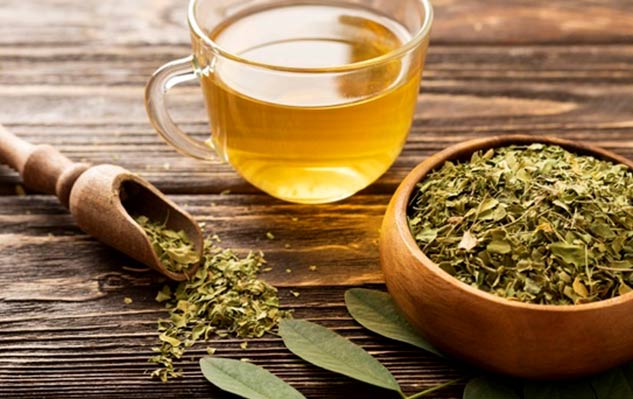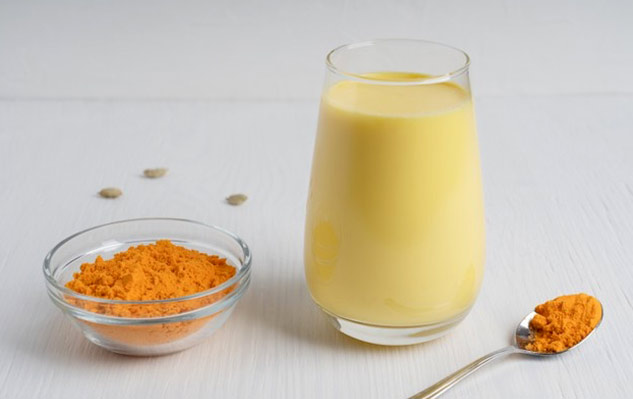
For many of us, our day begins with a nice, warm cup of chai (tea) or coffee. It’s what makes us attentive, giving us that boost of energy needed to start the day. Thus, in a way, it makes us productive too. The compound at play here is caffeine, which is a stimulating drug that directly impacts the central nervous system, making you alert. Caffeine isn’t harmful per se. It makes you awake, more attentive, and boosts productivity. However, too much tea and coffee can be a problem, as not only can it cause dependence, many people also suffer from gastric issues. A cup or two of these beverages are considered fine. However, excessive consumption can have a negative impact. In that case, it is better to cut back on it. Some caffeine alternatives can help you quit tea and coffee effectively. And to know what these caffeine alternatives are, Onlymyhealth spoke to Dr Ruchi Sharma, Clinical Psychologist, HCMCT Manipal Hospital, Dwarka.
Table of Content:-
Side Effects Of Too Much Caffeine
Before we go through some of the caffeine alternatives, let us first look at some of the side effects of having excessive amounts of these drugs:
- Insomnia: Caffeine is something you consume to get or stay awake. Quite naturally, excessive amounts of it can obstruct sleep, and can even lead to insomnia, as per a leading health website.
- Digestion-Related Issues: Many who drink too much tea or coffee complain about digestive issues, such as acidity and heartburn.
- Frequent Urination: Either an urge or need to urinate frequently after having tea or coffee is something you might have experienced.
- Anxiety: Anxiety and nervousness are also some of the effects associated with caffeine, as per a leading health website.
- Dependence & Addiction: Caffeine is a drug and like any other drug, you need to increase its dosage to get the same effect. With time, this can lead to dependence and taking this one step further, it can even turn into caffeine addiction.
Also read: How Much Caffeine Is Too Much? Know About Caffeine Addiction From Expert
Caffeine Alternatives
To steer clear of these ill effects, it’s better to reduce your intake of tea and coffee. This is no easy task if you are someone who has a habit of having caffeine. In such a case, trying some alternatives can help. So, here are some caffeine alternatives, as recommended by Dr Saxena:
Chicory Root
This is probably the best coffee alternative. Why you may ask. That’s because it tastes exactly like coffee, while also having a bit of earthy and nutty flavour. The good news: it doesn’t contain any caffeine.
- You can roast, grind the chicory root to make a nice hot beverage for the winter.
- Add a little bit of coffee, if you want, to get that punch of caffeine.
Adding a small amount of coffee wouldn’t hurt. While trying to quit, it’s recommended to do it gradually to prevent withdrawal symptoms and jumping back into it.
Green Tea

(Photo Credit: Freepik)
When it comes to the healthiest beverage options, what’s better than green tea? A warm cup of it not just soothes your senses and induces calmness, it’s packed with nutrients that work amazingly well for your physical and mental health. Here’s how to make a cuppa green tea:
- Pour a cup of water into a pan.
- Bring it to a boil.
- Pour the boiling water into the cup.
- Add a teaspoon of green tea leaves (there are many flavours of these available in the market).
- Let it steep for two to three minutes.
- Sieve the mixture.
You get yourself a nice, warm cup of healthy green tea.
Also read: Caffeine: Benefits Vs Side Effects And How Much Caffeine Is Healthy To Consume?
Decaf Coffee

(Photo Credit: Freepik)
For those who love coffee, but are trying to cut back on it, decaf coffee is a good alternative. As the name suggests, decaf is short for decaffeinated. This beverage is prepared after removing much of the caffeine from coffee beans.
- Decaf coffee of several brands is available in the market.
- You can brew them and prepare a warm and delicious cup of coffee, minus the caffeine, for yourself.
Now, all that caffeine that gives coffee that effect is stripped off in the case of the decaf one. Hence, you’ll not get the same effect, such as alertness and greater productivity. However, you can get the other benefits, such as a good boost to your antioxidant levels.
Golden Milk

(Photo Credit: Freepik)
An extremely healthy drink, milk is often considered a meal in itself. It has a good balance of the three macronutrients -- protein, fat, and carbohydrates. It is also high in calcium, vitamin A and B12, phosphorus, magnesium, and zinc. To enhance its health-benefiting properties, you can add other ingredients such as turmeric, black pepper, cinnamon, honey, and ginger and get yourself a nice glass of golden milk. Why golden? Because of the vibrant colour of turmeric.
Tea or coffee isn’t all bad. However, an excess of anything can have negative effects. Also, since many people add refined sugar to their beverages, it contributes to the side effects. Hence, it’s better to have these in limited amounts and try these caffeine alternatives if trying to cut back.
(With inputs from Dr Ruchi Sharma, Clinical Psychologist, HCMCT Manipal Hospital, Dwarka)
Photo Credit: Freepik
Also watch this video
How we keep this article up to date:
We work with experts and keep a close eye on the latest in health and wellness. Whenever there is a new research or helpful information, we update our articles with accurate and useful advice.
Current Version